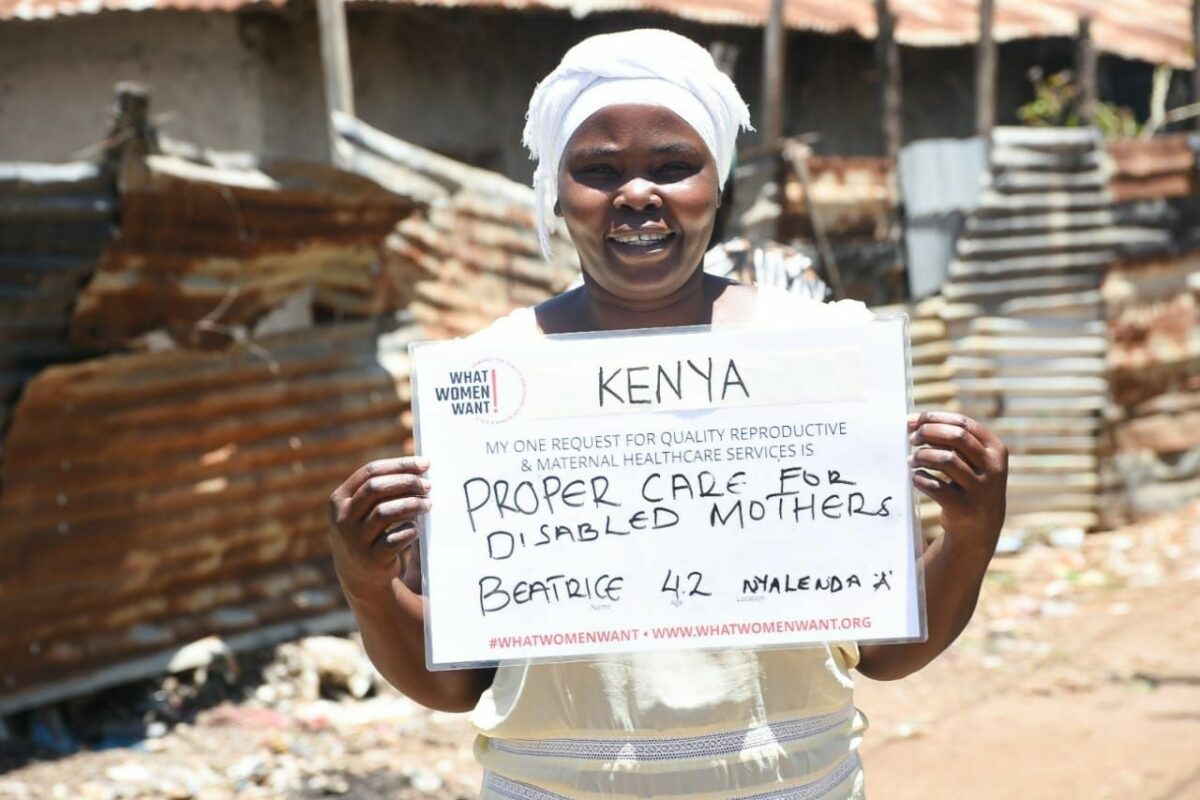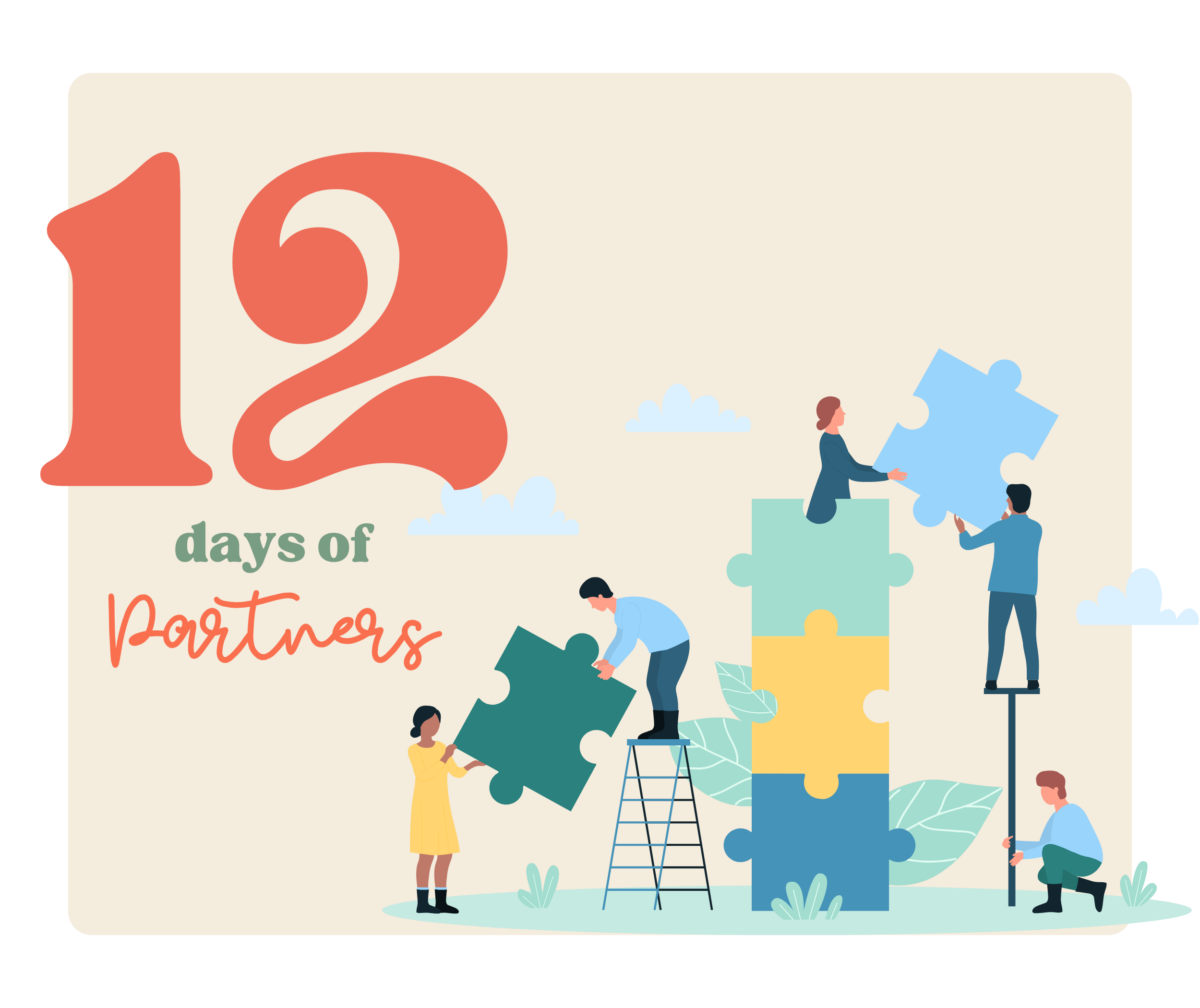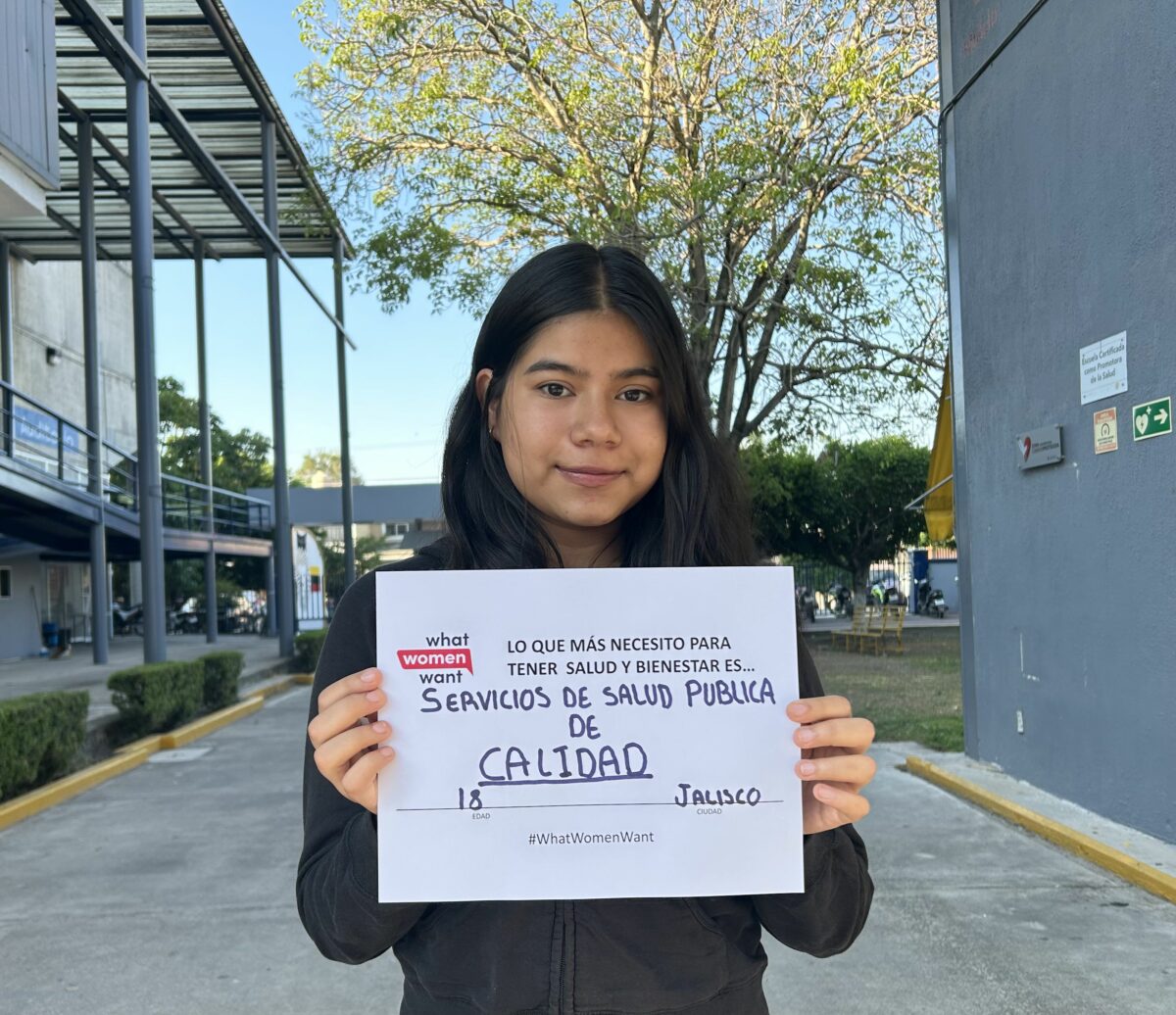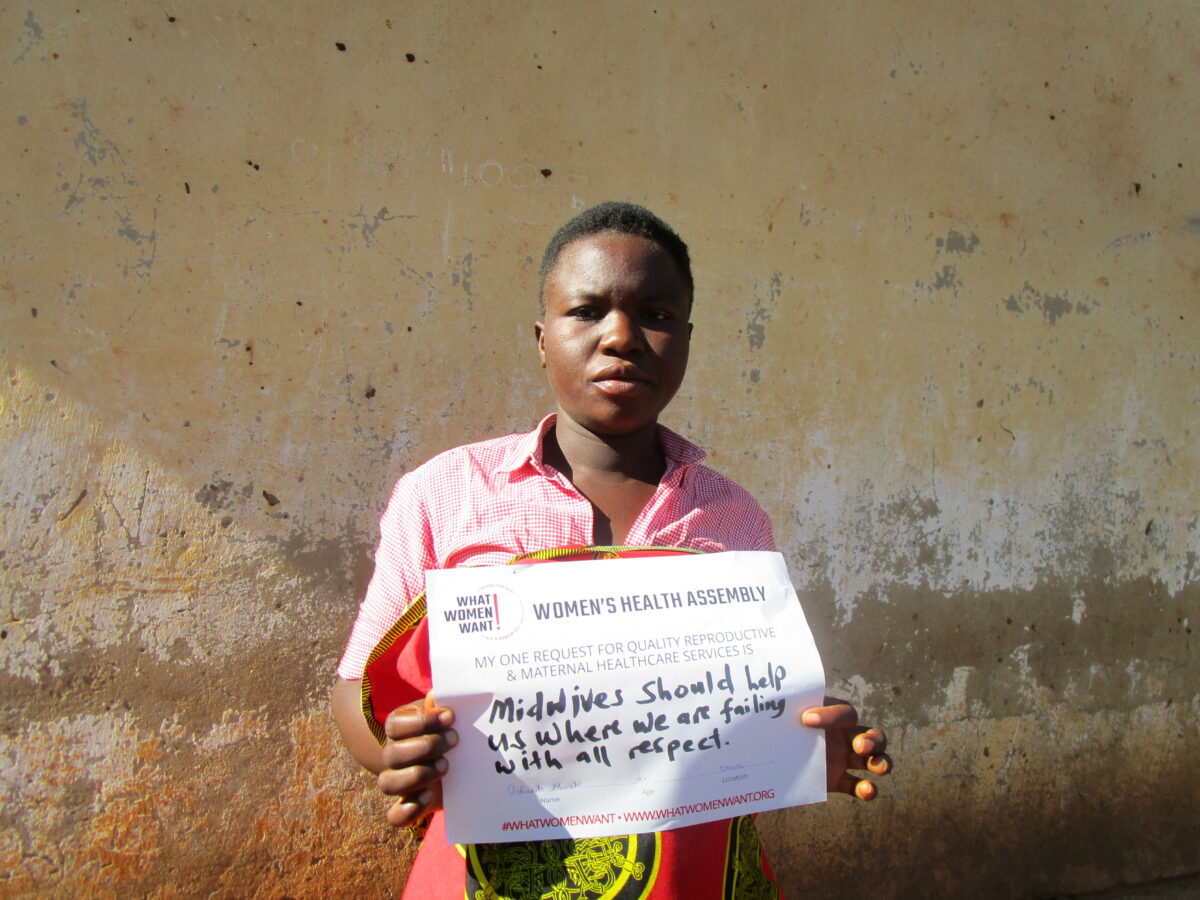In Kenya, our health campaign actively sought out women with disabilities – a group whose perspectives are often ignored. Most responses came from Makueni and Bungoma Counties, painting a sobering picture about challenges to healthcare. Women and girls said they often can’t use the bathrooms in health facilities because there is no disability-friendly infrastructure. They asked for better access to services and reduced wait times – so they no longer must travel long distances by motorbike and then wait in a line for hours. They asked for basic respect and compassion, as they regularly face stigma and discrimination.
In response, health advocates, disability rights organizations, and women with disabilities campaigned in Makueni and Bungoma counties for basic accommodations. They secured key upgrades in two facilities in each county, including disability-friendly toilets, adjustable maternity beds, ramps at the facility entrance and in each major ward, and sign language interpreters. At the Bumula Sub-County Referral Hospital in Bungoma, the facility opened a wheelchair accessible, customer care desk where people with disabilities are given priority in the queue.
People with disabilities are always left out. Consider friendly services for people like us.
17-year-old girl in Kenya’s What Women Want (WWW) campaign.
The toilets are ever locked. I have a problem with my leg and with modern toilets it is uncomfortable to use the toilets designed for people who are not physically challenged.
If you go to the maternity, all women deliver on the same couch, whether you are disabled or not disabled. Those high couches…when you are not able to climb on that couch, you might deliver on the floor.
These facility upgrades will benefit at least 14,000 people with disabilities. Our advocacy also led to more sweeping policy change, such as influencing Makueni County’s Universal Health Coverage Policy to include a fee waiver for people with severe disabilities
In the past, we would encounter so many challenges. In most cases, we would not be attended to because we are perceived as not worthy. Nowadays when I get to the facility, I’m assigned someone to take me around until I’m done with my hospital visit. I don’t queue anymore, and the nurses are treating us with respect. As a woman living with disability and expectant, I am hopeful when I come to deliver, I will be treated with dignity.
Naomi, community member with a visual impairment
Bungoma County




